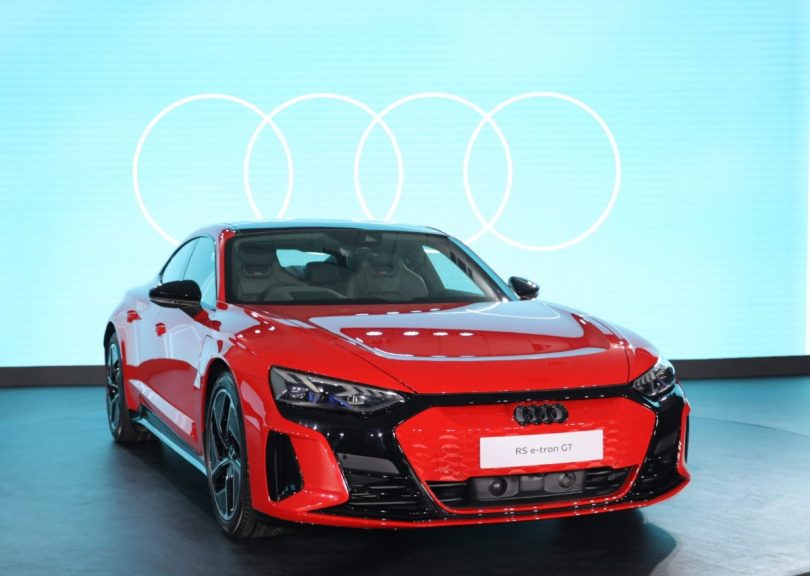Audi India has issued a recall for its high-performance electric vehicles, the e-tron GT and RS e-tron GT, due to a critical brake issue. This recall affects 37 units sold in India, manufactured between January 9, 2020, and June 12, 2024.
The Issue at Hand
The recall has been prompted by a potential defect in the brake hoses on the front axle. Over time, significant tension caused by steering may lead to cracks forming near the points of attachment. This defect can result in a loss of brake fluid and sudden failure of the front brakes. While the rear brakes would continue to function, the overall braking efficiency would be compromised, posing a significant safety risk. A warning message, “Brakes: stop vehicle and check brake fluid level,” would appear on the digital instrument cluster if brake fluid levels drop.
Impact on Owners
Owners of the affected models are advised to contact their nearest Audi service center immediately. Audi India has assured that the necessary repairs will be carried out free of charge. The company is also offering a complimentary vehicle inspection to ensure no other components are affected.
Background on the Models
The Audi e-tron GT and RS e-tron GT are among the most advanced electric vehicles in the market. Launched in India in 2021, these models boast impressive specifications. The e-tron GT features a 93.4 kWh battery pack, delivering 530 hp and a WLTP range of 500 km. The RS e-tron GT, on the other hand, offers 646 hp and a range of 481 km. Both models are priced at INR 1.72 crore and INR 1.95 crore, respectively.
Audi’s Commitment to Safety
This recall underscores Audi’s commitment to maintaining the highest safety standards for its customers. The company has a robust quality control system in place and takes immediate action when potential issues are identified. Audi India has expressed regret for any inconvenience caused and reassured customers of their dedication to resolving the issue swiftly.
Also Read: Volkswagen wants to ditch cheap plastics, but why did they even use it?


